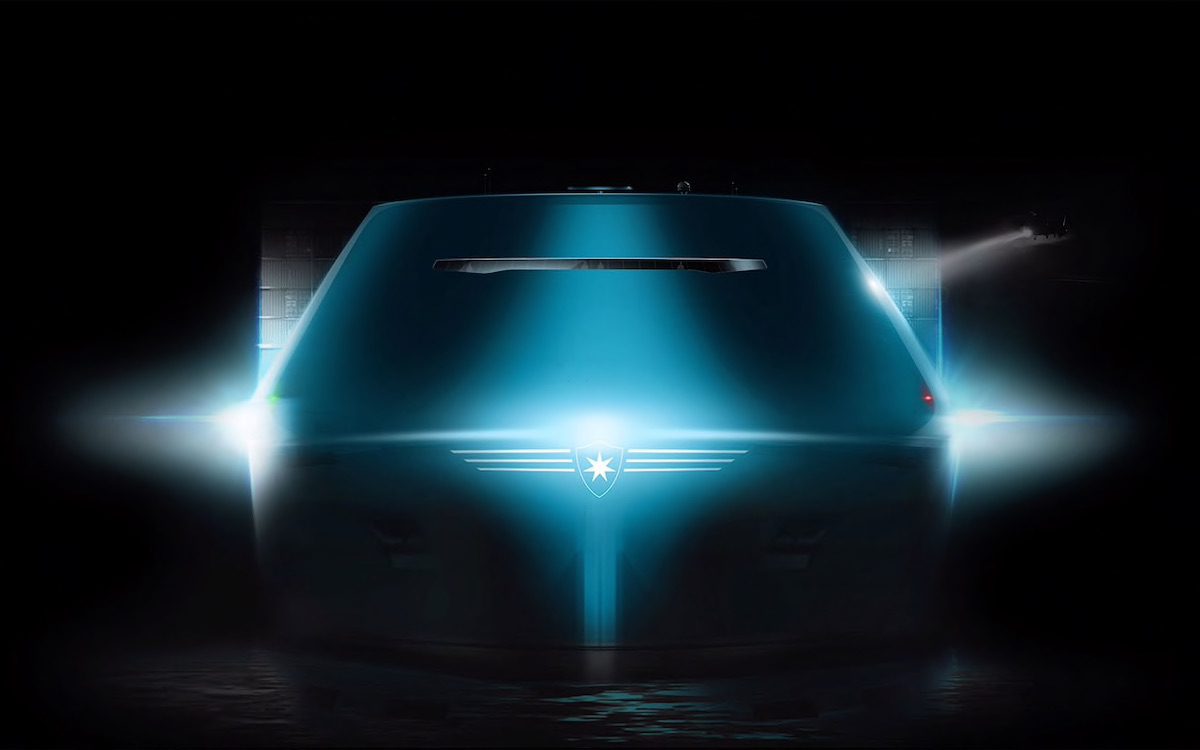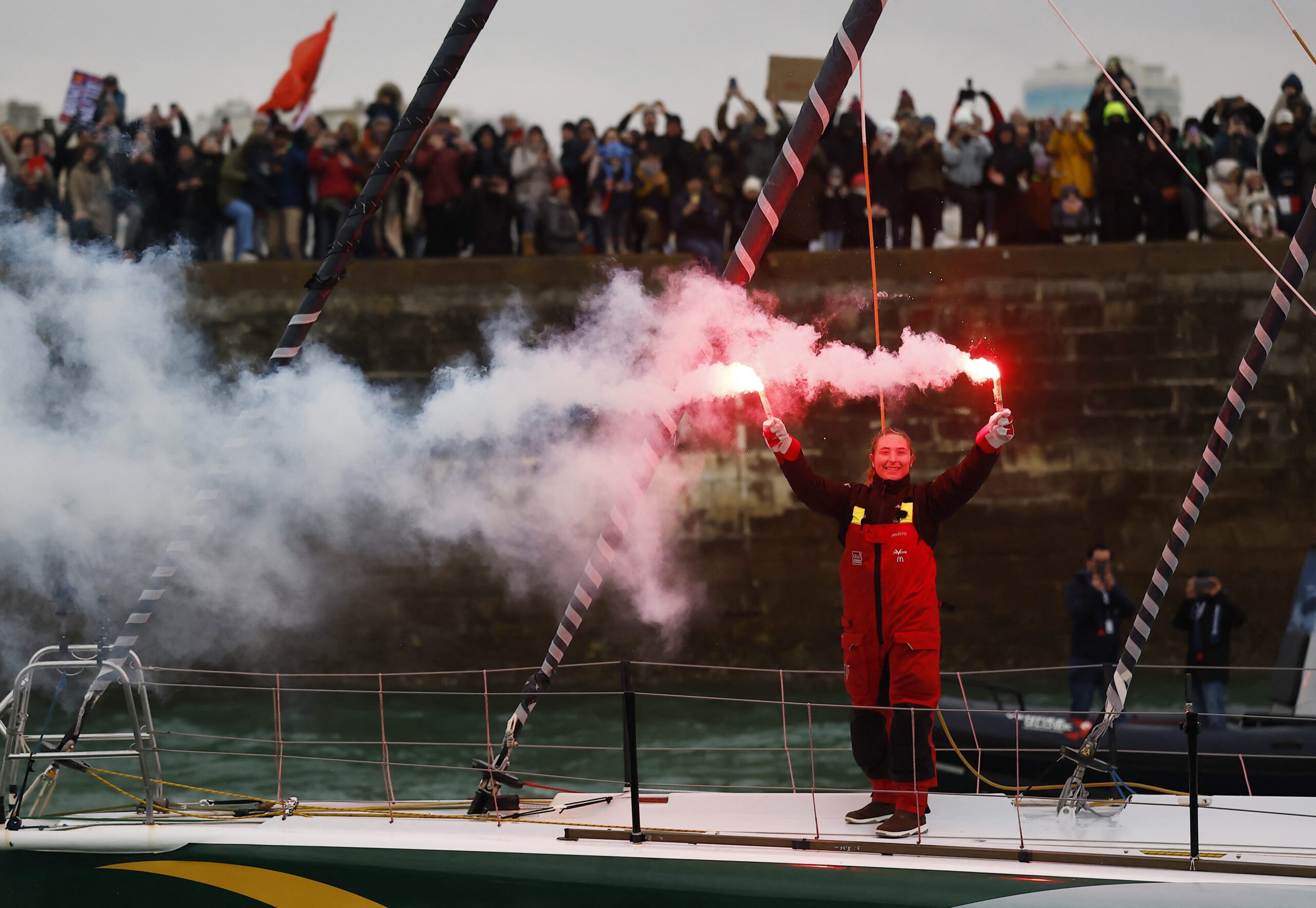Illustration credit: Maersk
Maersk sets ambitious net Zero CO2 emission target by 2050.
Danish conglomerate A.P. Moller-Maersk, owner of the world’s largest shipping line, unveiled a major new climate initiative on Tuesday that sets an ambitious goal of becoming carbon neutral by the year 2050.
In order to achieve this goal, Maersk says it will invest significant resources over the next 5 to 10 years on innovation and technology that supports its decarbonization plan, which includes developing a commercially viable net zero C02 emission vessel as soon as 2030.
Maersk said the initiative is aimed at accelerating the transition to carbon neutral shipping, and it is calling for strong industry involvement.
“The only possible way to achieve the so-much-needed decarbonisation in our industry is by fully transforming to new carbon neutral fuels and supply chains,” says Søren Toft, Chief Operating Officer at A.P. Moller – Maersk.
As shipping volumes continue to grow along with world trade, Maersk says efficiency improvements on current fossil fuel-based technology can only keep overall shipping emissions havering around current levels – not actually eliminate or even significantly reduce the release of C02 emissions into the atmosphere.
“The next 5-10 years are going to be crucial,” Toft added. “We will invest significant resources for innovation and fleet technology to improve the technical and financial viability of decarbonised solutions. Over the last four years, we have invested around USD 1bn and engaged 50+ engineers each year in developing and deploying energy efficient solutions. Going forward we cannot do this alone.”
Maersk says it will be putting its efforts towards solving problems specific to maritime transport, which calls for different solutions than automotive, rail and aviation. Given the 20-25-year life time of a vessel, Maersk says it is now time to join forces on developing new vessels that will be plying the world’s oceans in 2050.
“The yet to come electric truck is expected to be able to carry max 2 TEU and is projected to run 800km per charging. In comparison, a container vessel carrying thousands of TEU sailing from Panama to Rotterdam makes around 8,800 km,” Maersk said in a press release. “With short battery durability and no charging points along the route, innovative developments are imperative.”
Research and development will obviously be a key component in transitioning the industry away from fossil fuels.
By setting this ambitious target, Maersk hopes to garner interest researchers, technology developers, investors, cargo owners and legislators that will activate strong industry involvement, co-development, and sponsorship of sustainable solutions that we are yet to see in the maritime industry,” according to Maersk.

 Join The Club
Join The Club











